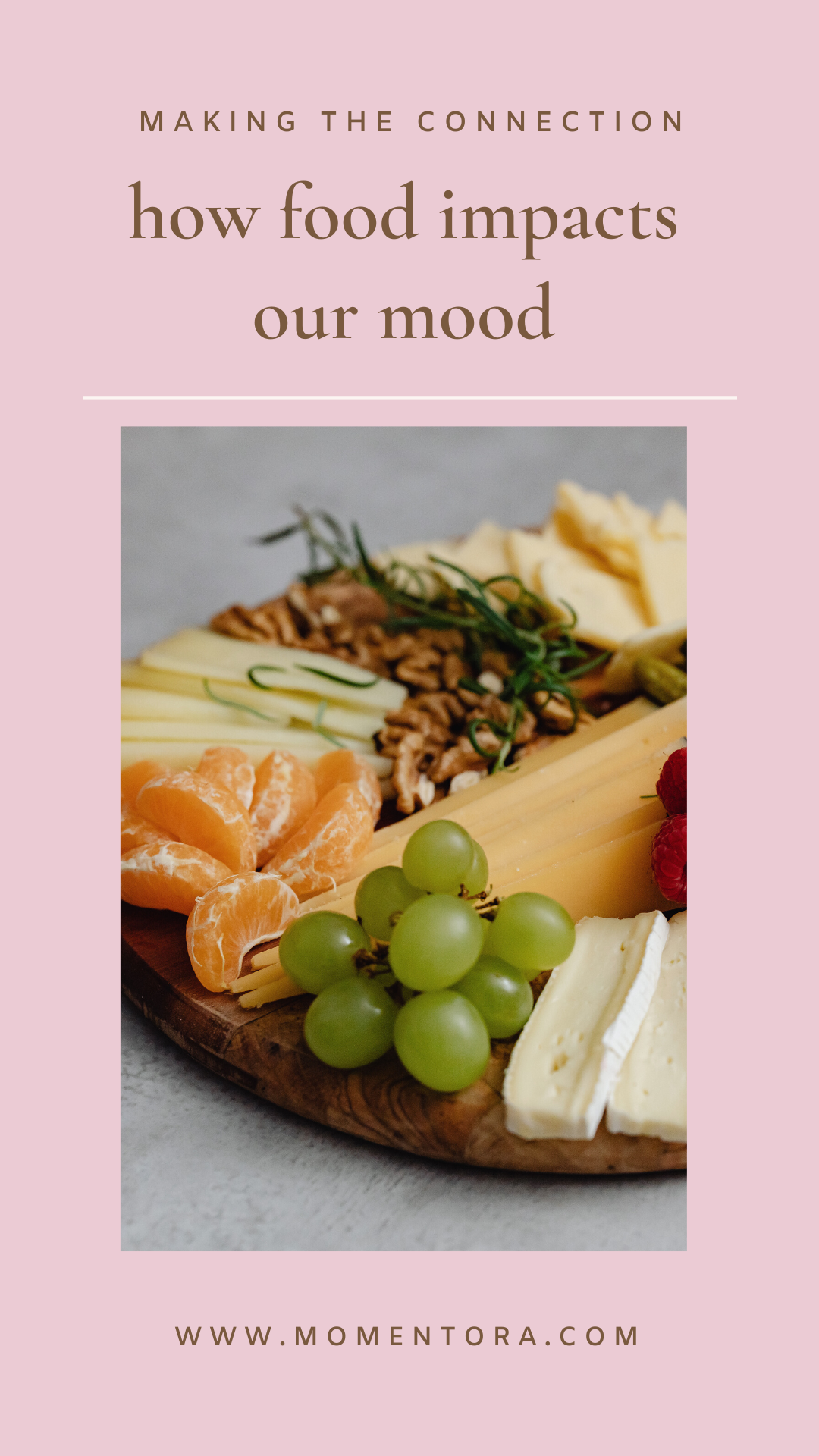The Food and Mood Connection
One of the areas I like to encourage clients to assess is how their nutritional intake may be impacting their overall mood. The typical social work assessment involves looking at the bio-psycho-social and spiritual components, but we’d be limiting our understanding of ourselves and our clients if we didn’t take their nutrition into account.
The current SAD diet has been linked to chronic illness and deficiencies in brain function. Clients who often express brain fog, lethargy, and lower moods should certainly be assessed to see if this diet may be playing a role.
The Western Pattern Diet (WPD) or also known as the Standard American Diet (SAD) is a modern-day style diet that mostly contains high amounts of processed foods, red meat, high-fat dairy products, high-sugar foods, and pre-packaged foods, that increase the risk of chronic illness.
Over time, this type of diet can lead to inflammation in the body. Why is inflammation of concern? The rise of gastrointestinal disorders, depression, autoimmune disorders among others diagnoses are a growing problem for many people young and old they are all correlated with inflammation in the body.
Add on chronic stress, poor sleep hygiene, artificial lighting, and near constant notifications and it creates a perfect storm for the body to react in all sorts of negative ways.
So what can we do to lower inflammation and build our immunity?
Make small dietary changes by learning about the Weil Pyramid
Consume anti-inflammatories such as turmeric, black pepper, and ginger
Avoid excessive anti-biotics
Spend as much time as possible outdoors in nature as it’s not only a natural stress reliever, but it exposes us to natural organisms to boost our immunity, which we are deprived of in urbanized areas.
Access therapy to assess the root causes of past or present trauma, work through it, and live a more relaxed and intentional life.
Reduce social media use through a social media fast, quitting certain social apps, and reducing the amount of news you consume.
Fill our time with healthier outlets such as cultivating our spiritual connection, relationships, friendships, exercise, service and creativity.
Regularly assess and support your mind, body, spirit, and lifestyle. As with any changes, starting slow helps us make the changes sustainable.
Consider bringing your family on board to give you added support in this process. It will be worth every bit of effort and sacrifice.

